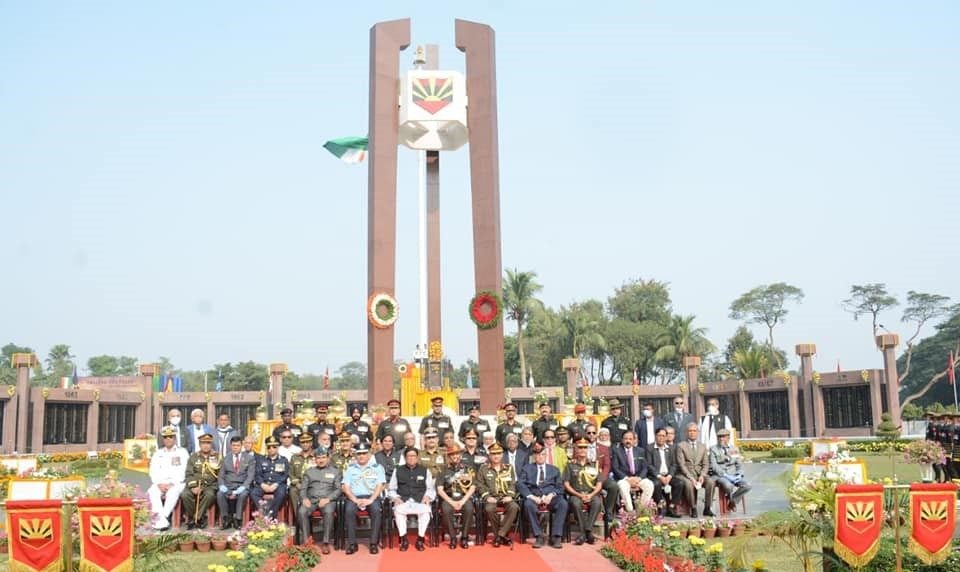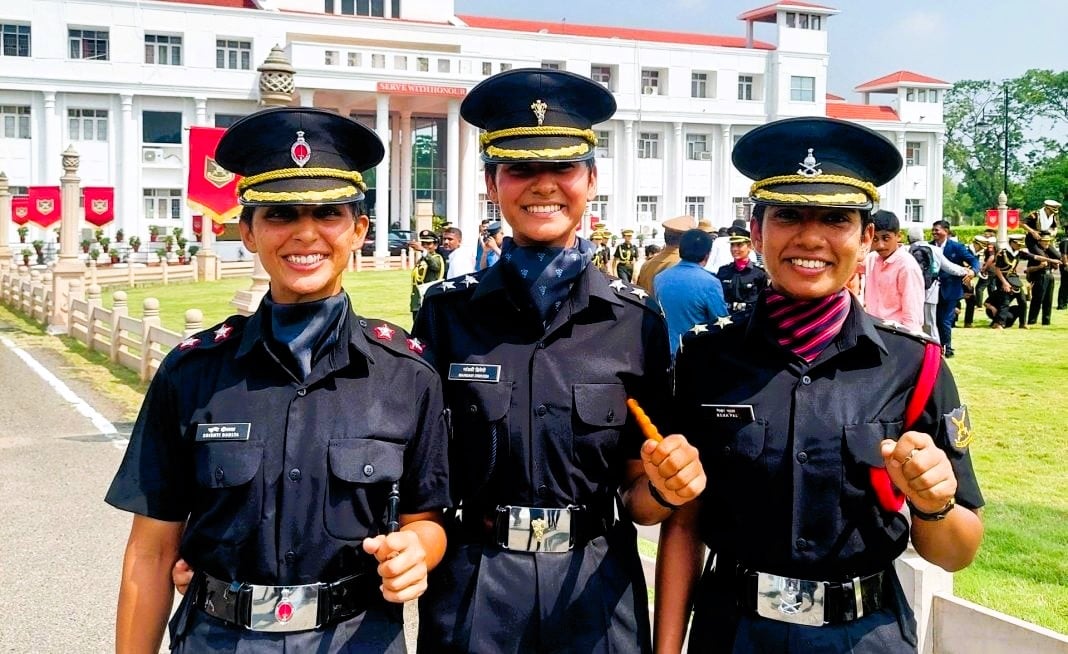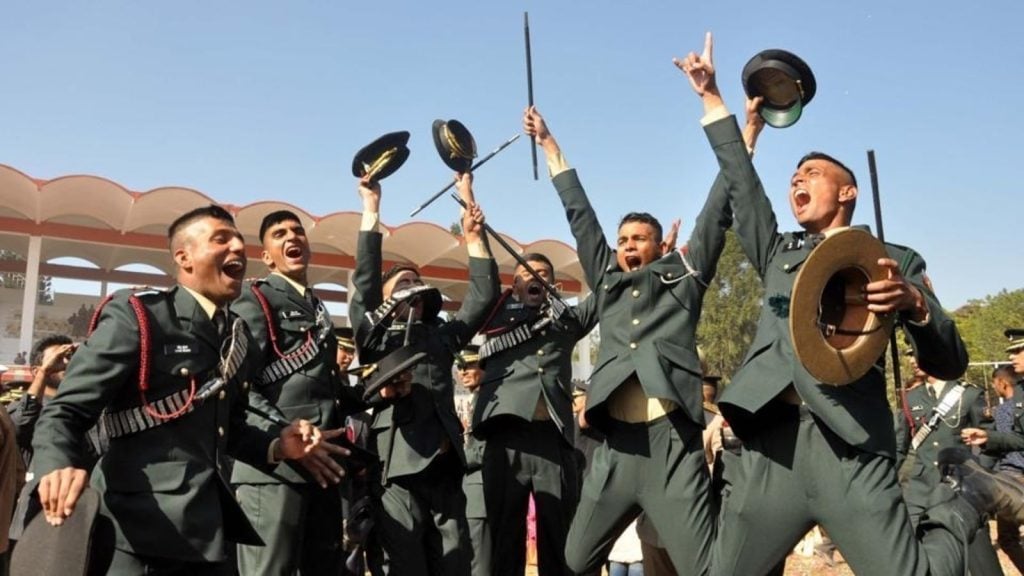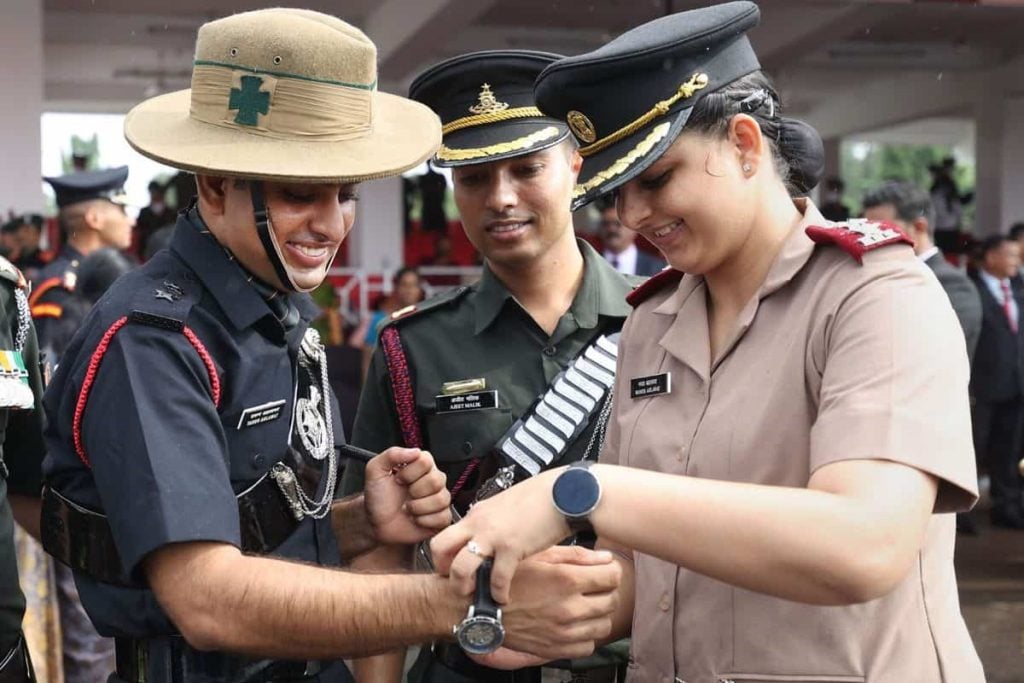The Indian Army, a symbol of strength and discipline, stands not only as a defender of national borders but also as a guardian of justice and law within its ranks. At the core of this framework lies the Judge Advocate General (JAG) Department, a specialized legal body that ensures adherence to military laws, discipline, and justice. This article explores the origins, roles, responsibilities, challenges, and importance of the JAG Department in the Indian Army.
The Judge Advocate General’s (JAG) Department serves as the legal backbone of the Indian Army. From advising on complex military laws to handling disciplinary actions and legal disputes, the JAG Department is integral to maintaining the Army’s discipline and integrity.
Also Read | Army DG EME Group C Recruitment 2024 Notification Out for 625 Posts
History and Establishment of the JAG Department
Origins in the Colonial Era
The roots of the JAG Department trace back to the British Indian Army, which introduced a legal framework to address the military’s legal needs. This system provided a foundation for discipline and justice, albeit tailored to colonial interests.
Formal Establishment Post-Independence
After India gained independence in 1947, the need for a robust legal framework within the armed forces became evident. The JAG Department was formally established in 1952 to provide legal counsel, manage military justice, and adapt to the unique needs of the Indian Armed Forces. Over the decades, the department expanded its scope, becoming an essential pillar of the Indian Army.
Role and Responsibilities of the JAG Department
The JAG Department is responsible for a wide array of legal functions crucial to the Indian Army’s operations and governance.
Legal Advice and Guidance
JAG officers offer expert legal advice on military laws, policies, and their application. This guidance ensures that the Army’s operations align with legal and ethical standards.
Court-Martial Proceedings
A significant responsibility of the JAG Department is managing court-martial proceedings. The department ensures that these are conducted lawfully, safeguarding the rights of the accused while maintaining military discipline.
Claims and Grievances
The JAG Department handles claims and grievances from military personnel, their families, and civilians. They ensure fair and timely resolution, fostering trust within and outside the Army.
Contract and Procurement Oversight
JAG officers review contracts, procurement deals, and commercial transactions, ensuring compliance with legal standards and protecting the Army from potential disputes.
Legal Research and Drafting
The department conducts in-depth legal research, drafts documents, and provides opinions on diverse legal matters affecting the Army.
Liaison with Civil Authorities
Acting as a bridge between the Army and civil authorities, JAG officers collaborate with judiciary bodies, law enforcement agencies, and government institutions on legal matters.
Importance of the JAG Department
The JAG Department’s contributions are vital to the Indian Army’s operational effectiveness and discipline.
Upholding Military Justice
The department ensures a fair and functional military justice system, protecting the rights of all parties involved.
Enhancing Operational Readiness
By addressing legal complexities, the JAG Department enables smooth and lawful execution of military operations.
Safeguarding Soldiers’ Rights
The department acts as a custodian of soldiers’ rights, ensuring they are treated fairly within the legal framework.
Maintaining Discipline and Morale
Effective legal administration directly impacts the morale and discipline of the Army.
Ensuring Compliance with Laws
The JAG Department ensures that the Army’s actions comply with domestic and international laws, bolstering its credibility.
Qualifications and Training Required to Become a JAG Officer
Educational Qualifications
Candidates must hold a Bachelor of Laws (LLB) degree from a recognized institution and be registered with the Bar Council of India.
Competitive Examinations
Aspiring officers must clear exams such as the Combined Defence Services Examination (CDSE) or the Short Service Commission (SSC) examination.
Training and Induction
Successful candidates undergo rigorous training at academies like the Indian Military Academy (IMA) or Officers’ Training Academy (OTA), focusing on military law and court-martial procedures.
Continuous Professional Development
JAG officers participate in regular training programs to stay updated with evolving legal practices and developments.
Career Opportunities in the JAG Department
The JAG Department offers diverse career paths for legal professionals within the Indian Army.
| Role | Description |
|---|---|
| JAG Officer | Provides legal advice and support to army leadership. |
| Military Prosecutor | Represents the Army in court-martial proceedings. |
| Military Defense Counsel | Defends accused personnel in disciplinary tribunals. |
| Legal Advisor | Guides on contracts, procurement, and other issues. |
| Staff Officer | Contributes to administrative and legal functions. |
| Judge Advocate General | Heads the department, offering strategic leadership. |
Also Read | UPSC CAPF Eligibility Criteria 2025, Age Limit and Physical Standard
Challenges Faced by the JAG Department
Despite its critical role, the JAG Department faces several challenges:
- Evolving Legal Landscape: Rapid changes in domestic and international laws demand constant adaptation.
- Resource Constraints: High workloads often strain the department’s personnel and resources.
- Balancing Interests: Managing the competing interests of the military, government, and individuals can be complex.
- Maintaining Public Trust: Ensuring transparency and fairness in military justice is an ongoing effort.
- Recruitment and Retention: Attracting and retaining skilled legal professionals in a military environment remains challenging.
JAG Department’s Contribution to Military Justice and Discipline
The JAG Department’s role in maintaining justice and discipline is invaluable. By ensuring fair legal proceedings and safeguarding rights, the department reinforces the Army’s professionalism and operational efficiency.
Popular Cultural Representations of JAG Officers
A Few Good Men (1992)
This Hollywood classic highlights the challenges and responsibilities of JAG officers in the U.S. Navy.
Shaurya (2008)
A Hindi film showcasing the complexities of military justice in the Indian context, emphasizing the critical role of JAG officers.
Also Read | Indian Air Force Agniveer Syllabus 2025 and Exam Pattern In Detail
Conclusion
The Judge Advocate General’s Department stands as a cornerstone of the Indian Army’s legal framework. By upholding justice, ensuring compliance with laws, and safeguarding the rights of personnel, the JAG Department plays a pivotal role in maintaining the Army’s discipline and operational effectiveness.
FAQs
1. What is the primary role of the JAG Department in the Indian Army?
The JAG Department provides legal counsel, manages military justice, and ensures adherence to military laws and discipline.
2. How can one become a JAG officer in the Indian Army?
Aspiring candidates must possess an LLB degree, clear the requisite competitive exams, and undergo training at military academies.
3. What are the key challenges faced by the JAG Department?
The department faces challenges like adapting to evolving laws, resource constraints, balancing competing interests, and maintaining public trust.
4. Why is the JAG Department important?
The JAG Department ensures justice, protects soldiers’ rights, maintains discipline, and ensures compliance with domestic and international laws.
5. Are there career growth opportunities within the JAG Department?
Yes, career paths include roles like JAG officer, military prosecutor, defense counsel, legal advisor, and eventually, Judge Advocate General.










